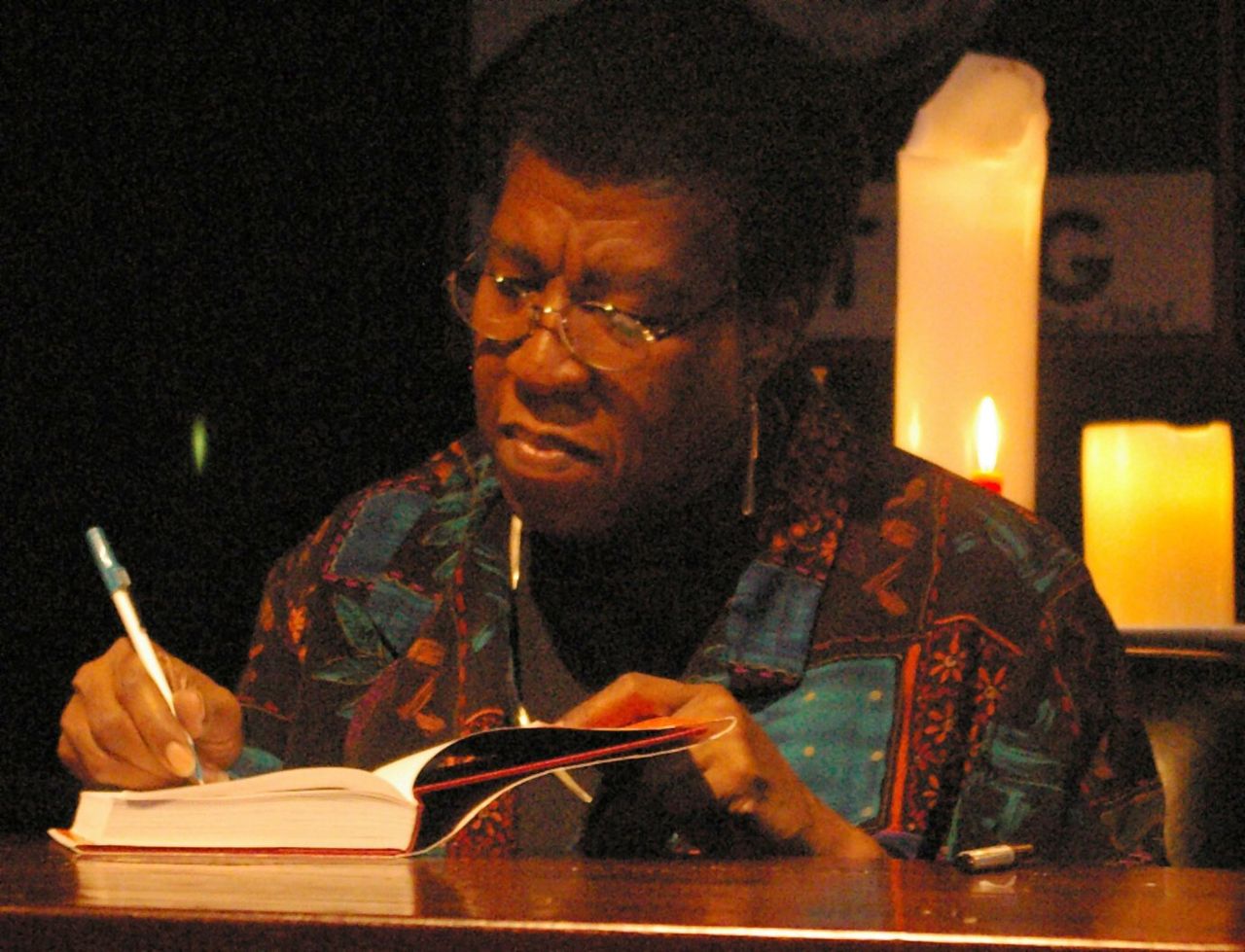With Black History Month ending in February and Women's History Month starting in March, now seem like a good as time as ever to discuss science fiction author Octavia Butler, who won many Hugo and Nebula rewards before her untimely death in 2006.
Perhaps you’re as uncultured as me, having never heard of Butler until recently (or reading this). To start, or if one could read only one of her pieces of her work, I’d suggest the short story “Bloodchild” which greatly enthralled me. “Bloodchild” tells the tale of human inhabitants of a dying Earth crash landing on an alien world inhabited by, you guessed it, aliens. The narrative focuses on an alien and human family living in a seemingly symbiotic relationship. The family receives protection from other hostile creatures of the planet while the alien guardian receives help with child rearing. That’s all I’ll say for now. Read it.
Like most excellent sci-fi, themes of societal commentary and exploration of the human conditions hides beneath the surface. In the documentary Black Sci-Fi (1992), Butler said, “There are all sorts of walls around other genres. Romances, mysteries, westerns. There are no real walls around science fiction. We can build them but they’re not there naturally.” With that sentiment, “Bloodchild” reads almost like a quasi-horror story focused around the relationship of an owner and pet. It discusses rape and reproductive exploitation pushed onto a male character, which provides commentary on gender issues. Themes of slavery and Stockholm syndrome sneak in the text as well.
Overall, “Bloodchild” is a quick, creepy, and fun read (fun depends on how deplorable your mind is). I especially like how Butler writes the description of the alien creature. Over the course of the story, she slowly and carefully weaves in lines that forces the creature to expand in your mind. It’s as if the alien is in darkness at all times, and the reader never sees the complete picture. And as the saying goes, imagination is the scariest thing there is.

